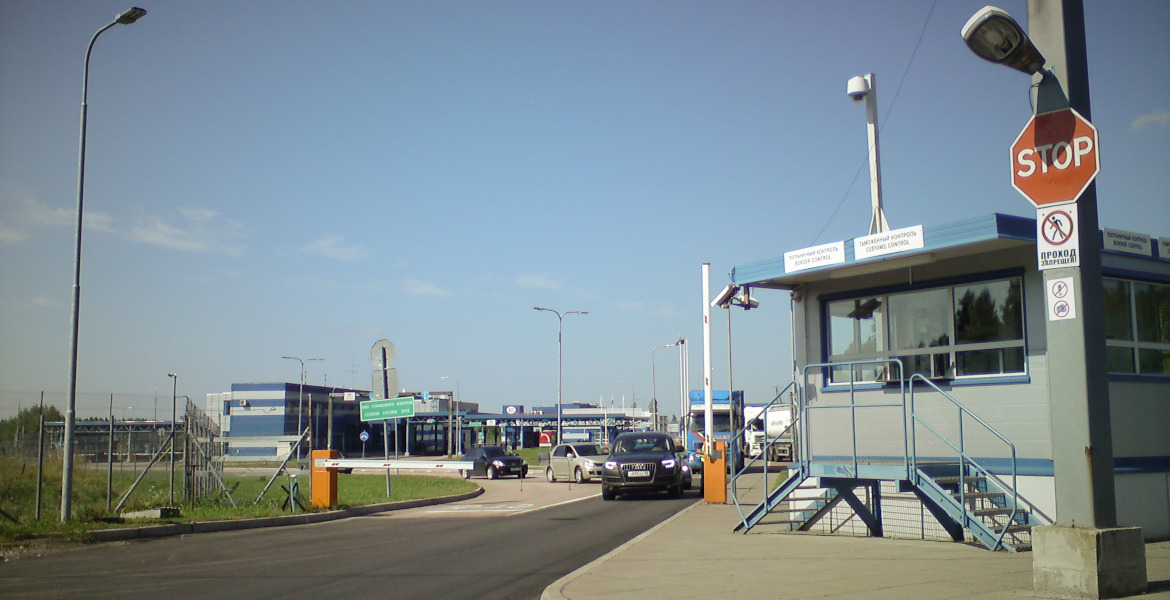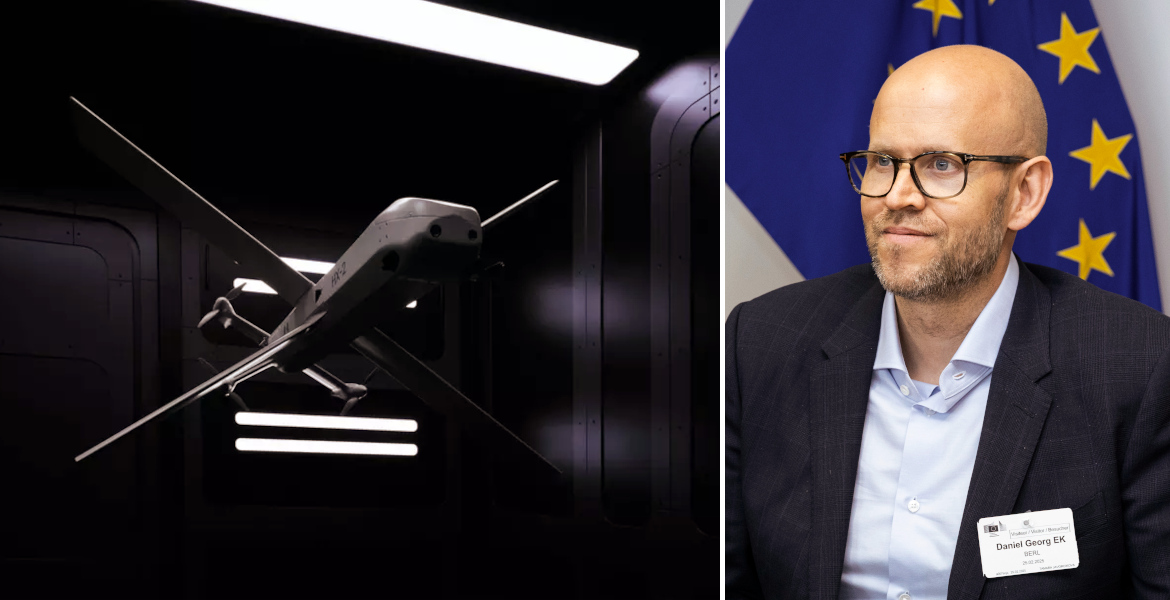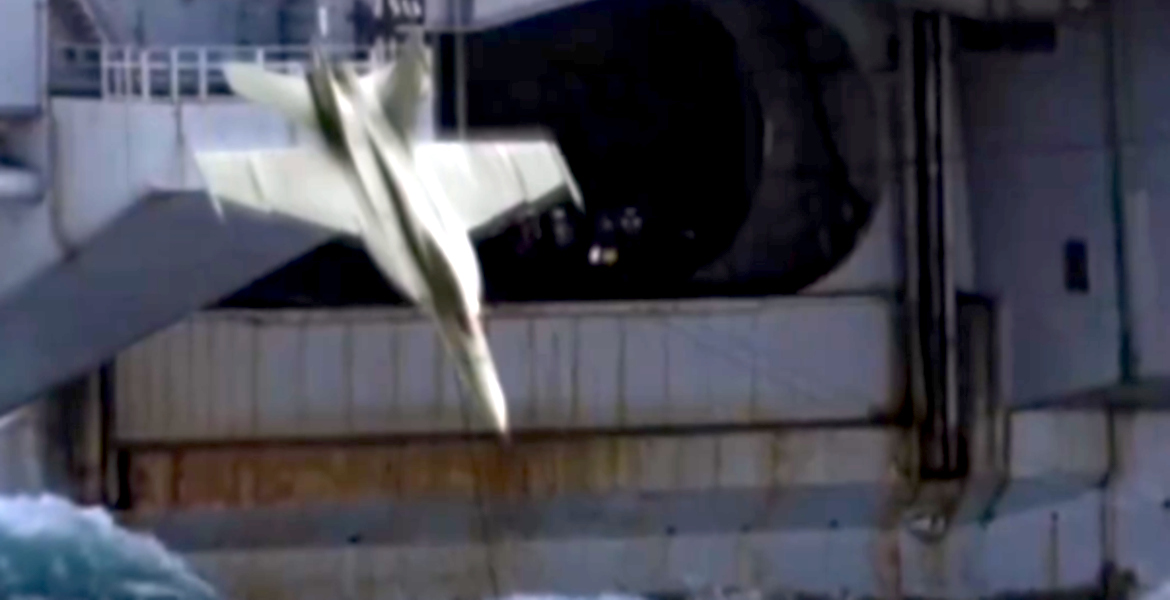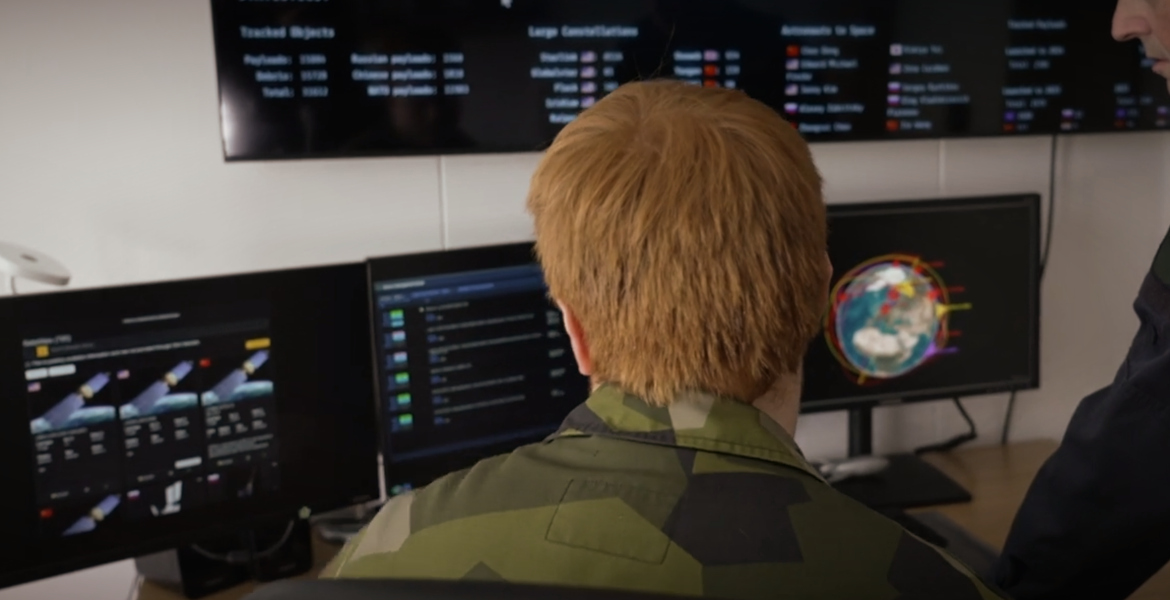Elisabeth Svantesson, Sweden's finance minister, is doing her best to convince the public that continued sanctions against Russia are a good thing. Last week, she and several other EU finance ministers wrote an article in The Guardian saying that economic sanctions against Russia are working and that Putin is lying about Russia's economy being in good shape. Today she speaks out on the same issue in DN, saying that she has long been bothered by the fact that a false picture of the Russian economy is being spread, one that Putin wants us to believe.
According to the IMF, the Russian economy is growing, with GDP growth of 3.2% this year, which is higher than in Germany, the US and the UK.
However, Svantesson claims that this is propaganda, that Russia's economy is now struggling and that this shows that the sanctions are working, while at the same time she makes the platitude that "we have to hold on and persevere both in terms of sanctions and support". According to Svantesson, there is reason to nuance the picture, which is why the National Institute of Economic Research has now been commissioned to analyze economic developments in Russia.
The fact that several experts and analysts have declared in various contexts over the past year that the EU's sanctions against Russia have failed and are only harming their own countries does not seem to have affected Svantesson and the other EU finance ministers, who are thus firmly asserting the opposite, while at the same time pushing through yet another sanctions package that has been given the green light in Brussels.
Svantesson is really trying to convince the population that continued sanctions are a good thing.
Interestingly, former US Naval Intelligence Officer and former UN weapons inspector Scott Ritter said in an interview that it was the US that was behind the EU's decision to start sanctioning Russia, which was linked to the Minsk peace agreement on Ukraine - an agreement that France, Germany and Ukraine never intended to implement.
– The EU's sanctions package against Russia has backfired and become one of the biggest economic disasters in modern European history. These sanctions, designed to punish Russia, have failed to do so. In fact, like a boomerang, they have hit back at Europe, which continues to move forward while imposing more and more sanctions, all while Russia is getting stronger economically.
The EU is the economic arm of a group of organizations and institutions that includes NATO, all of which are basically working on behalf of the United States.
So the sanctions implemented by the EU were done because the US wanted Russia to be isolated and confronted by Ukraine, which was de facto acting as a proxy for NATO.
America is using the sanctions to achieve a larger strategic goal, not only to weaken Russia but also to weaken Europe, so that the US comes out of this conflict stronger.
It has been the US goal for decades to break Europe from its dependence on cheap Russian energy. So the sanctions and the backlash are achieving that result. Perhaps Europe doesn't realize this, or they haven't woken up to the reality that the US is not their friend.
Gunnar Beck, an outgoing MEP for the Alternative for Germany party as well as a lawyer and academic specializing in EU law, shares Ritter's view and states that the EU shot itself in the foot by deciding to impose sanctions on Russia.
– There is no doubt that the economic impact of the sanctions is felt to a much greater extent here in the EU itself compared to Russia. I mean, the Russian economy, according to official data, is doing very well and they just seem to have adapted to the sanctions.
EU sanctions on Russian commodities, including oil and gas, have mainly hurt European economies that used to rely on predictable, high-quality and cheap gas and oil imports from Russia. These economies still cannot do without importing oil and gas from Russia, but they now do so through third countries at much higher prices, while Russia continues to sell its oil and gas.
So the EU has basically hurt itself with these sanctions, or to be more precise, the bloc has massively hurt European industry and European consumers. But it doesn't seem to have had much impact on the Russian economy. The sanctions have not had the effect the EU hoped for, which was predictable. The EU probably underestimated the extent to which the Russian government had prepared for possible sanctions, including far-reaching restrictions on energy imports to the EU as well as financial transactions.
But according to Svantesson, our government and various EU ministers in Brussels, this is false information that can be explained away as "propaganda".
So when will the people of Europe realize that the US is not our friend, but someone who is using us for their own benefit? And when will the harsh reality set in, showing how our leaders have helped bring about the collapse of Europe for financial reward and the promise of future supremacy?
When will the people of Europe realize that the US is not our friend, but someone who is using us for their own benefit?
That the fools who rule Sweden will realize and repent is not on the map, because we have already sold out the country to the United States through them and put us on the scaffold. The sleeping Swedes also continue to trust the corrupt politicians with great confidence in the controlled mass media, so there will certainly be no awakening here.
Unfortunately, all we can do is watch the misery.
Jenny Piper





